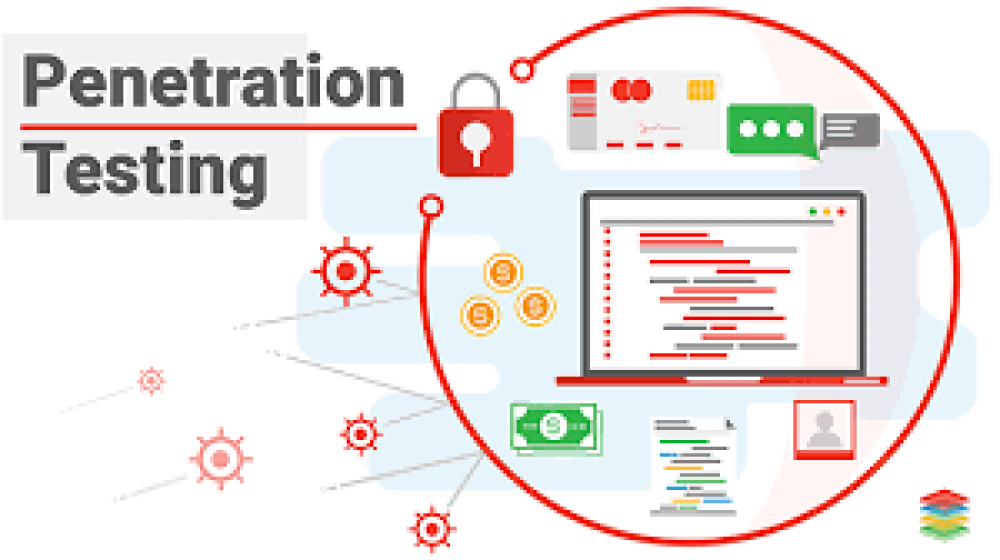
What Is A Penetration Testing And Why Do I Need It
What is Penetration Testing and Why Do I Need It?
The shocking reality is that security breaches have increased by approximately 67 percent in the last five years, and the likelihood of additional companies being hacked is high. By the end of 2021, the global cost of cybercrime is expected to reach $6 trillion. The good news is that penetration testing can serve as a first line of defense against cyber-attacks.
However, what is penetration testing and why is it necessary? This post will define penetration testing, discuss why you should conduct one, and many benefits attached to penetration testing
What is a Penetration Testing?
A penetration testing is an in-depth examination of an enterprise's cybersecurity vulnerabilities through the use of hacking techniques. It entails examining an organization from a variety of perspectives (for example, black-box from the perspective of a remote hacker, white-box and gray-box from the perspective of a malicious insider or employee, etc.) in order to determine possible attack vectors and success rates for these threat actors.
Benefits of Penetration Testing
- Network and infrastructure penetration test: It's no secret that as network technologies and application features evolve at an exponential rate, so do the security vulnerabilities associated with them. A comprehensive network and infrastructure penetration test significantly reduces the likelihood of experiencing a security control disaster. All exploitative methods that a cybercriminal could use to breach your network defense are identified, allowing you to build a robust defense mechanism.
- Application penetration test: Occasionally, hackers can compromise applications in order to gain unauthorized access to sensitive data or even take control of entire systems. Conducting regular application penetration tests enables your company to identify potential risks posed by the security controls on your web and mobile applications. In other words, it enables you to identify exploitable vulnerabilities before hackers do and thus implement the appropriate security controls to safeguard people and assets.
- Cloud penetration test: As more businesses migrate to the cloud, public cloud environments have emerged as a primary target for cybercriminals. Your business can benefit from specialized cloud security expert software that identifies and resolves vulnerabilities in cloud environments (weather application or infrastructure). In comparison to a traditional network and service stack, conducting a cloud penetration test requires a different set of strategies. These include, but are not limited to, leaky S3 buckets and server-less apps.
Why should you conduct a penetration test?
Antivirus software and a firewall alone are insufficient. To defend against hacks, modern businesses must assess their resistance to cybersecurity threats and implement advanced defense mechanisms, a practice known as defense in depth. A penetration test enables you to determine whether you are vulnerable to hacking. If so, how and what are some of the possible methods? To put it another way, it enables you to:
- Detect hidden system or application layer vulnerabilities before they are exploited by cybercriminals.
- Reduced remediation costs and recovery downtime.
- Identify and implement effective security measures.
- Ascertain that your organization complies with applicable security regulations.
- Preserve customer trust, loyalty, and the image of your business.

